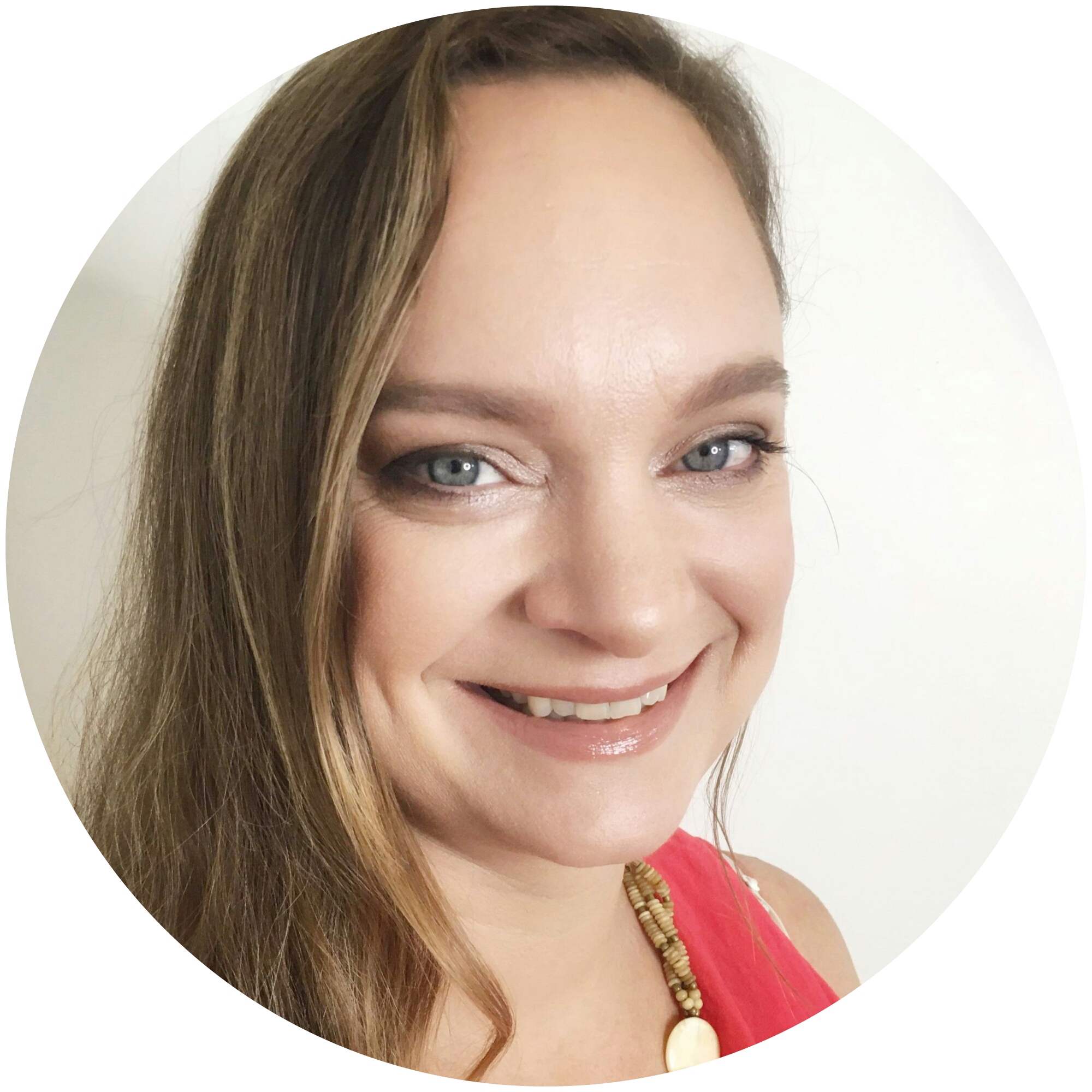When my aunt died eight months ago, I couldn’t write about it. I wanted to, but I couldn’t. Although at the same time, I felt a sense of urgency. I was afraid to not write about it immediately. I was scared that the memories and emotions would fade, and I would not be able to share her legacy, the way that it needed to be.
This is the one thing I did that helped me cope with my grief more than anything else. It was also the one thing that allowed me to share the legacy of my mentor. Through my grieving process, I created a two step system to know how to share the teachings of my mentor.
Losing my aunt was more than losing a family member. She was my mentor, someone to whom I could bring ideas and inspirations, a person who not only believed in me, but helped me find and achieve my goals, and gave me that little kick of motivation I needed to get started.
When she died, I didn’t know how to grieve. In truth, it was not an experience I was prepared to have. While her death was not a surprise, I was still left with a sense of uncertainty about what to do next.
As a writer, I wanted to write about Lynne, to share her legacy with the tools I had at my disposal. But also, it seemed quite fitting. She was the person who inspired me to go back to my dream of writing as an adult. To write about her was the most fitting way I could show my gratitude.
But I couldn’t do it. It was too fresh, too painful. Candidly, I would cry every time I tried to write, to the point of being unable to continue. I had also developed a feeling of anxiety towards writing about my mentor. I felt scared that I would never be able to write about her. What if, when it came time and I was ready, I didn’t have the words? What if I waited too long, and I forgot the details, and what she taught me, and how it made me feel? I knew I would never forget her and what she meant to me, but would I remember what she taught me?
It was in that moment when I feared a second loss. I had already lost my aunt and mentor. Was I going to lose what she taught me as well?
The Unexpected Tool I Found to Cope
I needed to capture what I was thinking and feeling, and it started on my phone, as a note. I would write a sentence here, then another few words. Every time I thought of Lynne, of something she taught me, or something I wanted to say to her, I opened the note on my phone, and I added it.
Then, I closed it.
In time, I turned this note into an online document using Google Drive. I could access it from my phone, from my computer, and from my tablet. Whenever I had a thought I wanted to record, I put it in there. Later, I discovered a voice to text app, and I started using that as well. It was not long before I had a lengthy list of the lessons, thoughts, and memories of my aunt.
Some days, I would open the document but add nothing. Instead, I would read the notes I had written. It was not long before I was laughing over some of the memories: remembering the day on a hike in Switzerland when “I” had come up with the idea to start writing a blog. Through my note-taking process, I started to see where she had been planting the seeds for me, slowly helping me see something I wanted but was not yet able to realize.
I Found a New Perspective
It was eight months after her death when this grieving process gave me an entirely new perspective. It also made me understand how I was dealing with the loss.
It was here that the opportunity was presented to me. After her death, I had continued to write about health, wellness, and mental health, with a bit of a twist as a traveler and parent, and now a qualified holistic health coach. I started to write here, for Thrive Global, which is how I found myself reading an email that became the turn in my grieving process that I had been waiting for.
I read the email, and stared at it for awhile. It was a topic suggestion for submission. I took my phone and walked into the kitchen to show my husband. Without a word I handed him the phone and he read the email. Then he said to me, “You know what you have to do, right?”
I smiled with tears in my eyes and said, “Yes, I do.” And I did. I knew exactly what I needed to write about.
The article I wrote was about finding and then losing my mentor. You can read it here. I’m extremely proud of this piece, in part because it turned out well, and I know my aunt and mentor would be proud. But it turns out, there were some unexpected realizations I came to after writing and sharing that essay. I realize now that it taught me the one thing that made a huge difference for me in dealing with my loss.
I wrote about her. Everything that came to mind, I wrote it down. I didn’t filter, or worry if it was an incomplete thought. It was a bit like journaling. But I was documenting my memories with a particular thought in mind: How can I take what she taught me, and teach others? How can I share her legacy?
Over several months, I wrote down my thoughts. I didn’t have any idea yet what I was going to do with them. But I kept writing. I wrote about what she meant to me, but I also focused on what she taught me, what I learned, the things I am still learning, and how I can share that with others.
When it came time and I was finally ready, the essay was surprisingly easy to write, because I had already written it. I felt safe in the knowledge that my memories were protected. I didn’t feel the stress of trying to capture everything, of trying to use words on paper to bring to life the essence of an entire person — everything they had done in their life. Instead, I focused on what she taught me, and later, how I could share it.
4 Tools for Preserving the Legacy of a Mentor While Grieving Them
- Start writing, dictating, drawing, typing, recording, or filming. Take your thoughts, feelings, and memories out of your head. Share them somewhere you can access them later. This helps to lessen the fear and stress of memories fading over time
- Don’t try to recite or capture every element of the person’s life. This is overwhelming, and will likely create a feeling of failure. Instead, focus on what they taught you: the lessons you learned, how you learned them, what they told you, the stories they shared, and the impact they had, and still have.
- Think about how these lessons might be taught by you, and by others. Think about how you might teach them to your children, to clients or students, and to other members of your community — how you’ll use the tools taught to you by your mentor to mentor someone else, and as a result, preserve their legacy.
- When the opportunity comes to share what you’ve learned presents itself, you might not feel ready. It will still be hard, and there might be tears. But when that opportunity comes, take it. If you’re not sure, ask yourself this: What would my mentor tell me?
Writing about losing my aunt and mentor was the one thing that has helped me cope with my grief the most. To get to the point of being able to write and share, I needed a system. This system has two parts. Firstly, capturing thoughts and memories as I had them, with no pressure to use them in the moment or in the future. Secondly, to focus on what she taught me, and how I could teach others. This helped me with the overwhelm of not knowing which memories where the best ones to share. I knew this was the right choice because it was how I could use what she taught me to teach others.
Follow us here and subscribe here for all the latest news on how you can keep Thriving.
Stay up to date or catch-up on all our podcasts with Arianna Huffington here.


